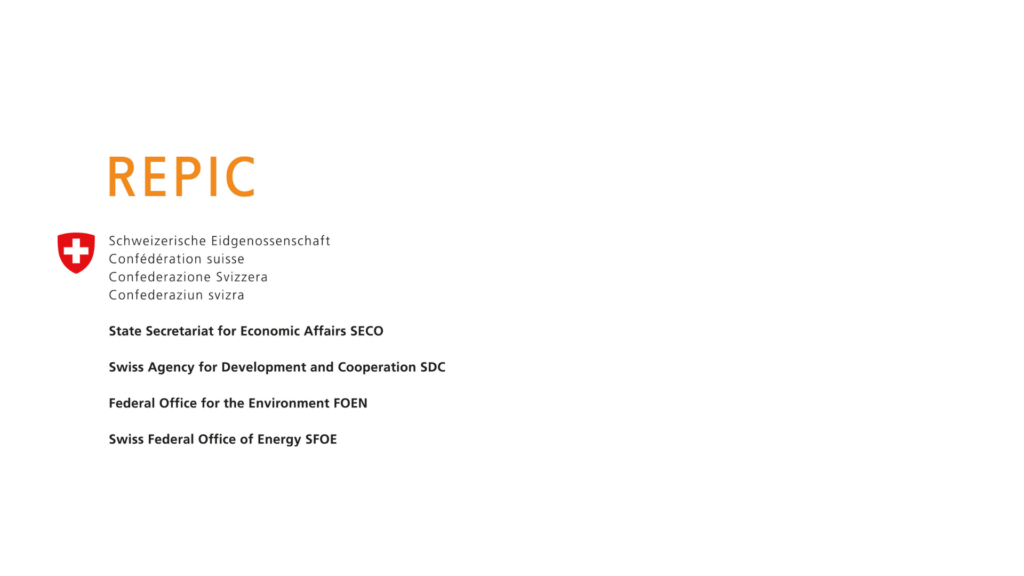Post-harvest loss is a major challenge in most low and middle-income countries. It severely impacts smallholder farmers and food security due to inadequate storage and transportation, amongst others. The lack of cold chain facilities, which are crucial for preserving perishables, further exacerbates this issue. In the case of horticultural produce, the losses go up to 40-50%, leading to significant economic setbacks and increased food insecurity.
Smallholder farmers, who are the backbone of agriculture, are the hardest hit by these losses. They face reduced income as much of their harvest spoils before it can be sold, price instability due to oversupply during peak seasons, and increased food insecurity from local shortages and nutritional deficits. These ongoing challenges trap farmers in poverty, hindering their ability to improve their livelihoods and invest in better practices.
Cold storage is a vital solution to combat post-harvest losses, enhancing the agricultural value chain and preserving perishable goods. By slowing the deterioration of fruits, vegetables, and other perishables, cold storage extends shelf-life, allowing produce to remain marketable for weeks instead of days. This not only helps stabilise prices by enabling farmers to sell when market conditions are more favourable but also cuts waste. Additionally, cold storage opens up new market opportunities, allowing farmers to reach distant consumers while maintaining the nutritional quality and appearance of their produce.
To make cold rooms accessible and easy-to-operate, the BASE Foundation in partnership with Empa (Swiss Federal Laboratories for Materials Science and Technology) launched the Your Virtual Cold Chain Assistant project in 2021 to combat post-harvest losses in the horticultural value chain, focusing on smallholder farmers and small-scale traders. The project’s core component, the Coldtivate mobile app, uses advanced data science techniques, including machine learning and physics-based food modelling, to optimise cold storage management. Your VCCA collaborates with local companies to provide accessible solar-powered cold storage using a Cooling-as-a-Service business model: farmers pay a small fee per crate stored, per day.
While cold storage offers farmers the potential to increase their earnings, the uncertainty of sales often deter them from using this option. Faced with the risk of paying storage fees without the assurance of higher returns from buyers, farmers often choose to leave their crops unrefrigerated at market stalls or under natural shade, accepting whatever low prices are offered for damaged produce to meet their immediate needs. But cold storage benefits both farmers and consumers by preserving produce quality and enabling fair pricing.
To address the challenge of directly connecting farmers with potential buyers, Your VCCA’s Coldtivate app is introducing a marketplace. Individual consumers and bulk buyers, such as hotels and retailers, can register on the app to locate nearby cold rooms and view stored produce available for sale. By integrating digital twins (a virtual replica) of stored crops, which utilise temperature sensor data to predict the remaining shelf-life (quality, and recommended consumption period) of each crate, the app provides transparency and enhances buyer confidence. Buyers can purchase produce from cooling users via Coldtivate, pay using digital payment methods, and decide whether the produce should be picked up, kept in storage, or arrange for delivering. Bulk buyers can also aggregate purchases from multiple farmers using the cold room, ensuring a steady supply of high-quality produce while supporting farmers in achieving better market access and returns.
Your VCCA is piloting the Smart Cool Markets in Nigeria with two cold storage companies, ColdHubs and LeapEnergy.
Your VCCA’s cold rooms aim to reduce food losses by at least 30% by increasing cold room usage to 60% occupancy. To do so, the project emphasises capacity building by training 1,810 cold room operators, farmers, and potential buyers (with up to 50% women) in cold room management and crop commercialisation. Additionally, it aims to pilot the market linkage feature with at least 135 farmers, ensuring 50% female participation. Your VCCA also supports clean cooling providers using materials developed through its incubator programme, which aims to scale digital solutions and help address challenges such as high costs, limited financing, and technical barriers.
By targeting training, surveys, and the development of toolkits, the initiative aims to improve food security, boost farmer incomes, and reduce the environmental impact of food loss. Through sales and in-app purchases, Your VCCA aims to generate approximately USD 44,000 in income for farmers selling their produce via the app during the pilot and roll-out phases.
The conceptualisation and implementation of Your VCCA’s Smart Cool Markets is funded by Renewable Energy, Energy and Resource Efficiency Promotion in Developing and Transition Countries (REPIC), an Interdepartmental Platform of the Federal Offices State Secretariat for Economic Affairs (SECO), The Swiss Agency for Development and Cooperation (SDC), the Federal Office for the Environment (FOEN) and the Swiss Federal Office of Energy (SFOE). REPIC seeks to leverage Swiss expertise and technology to support innovative projects, promote international collaboration, and advance a more sustainable and equitable global energy landscape.

